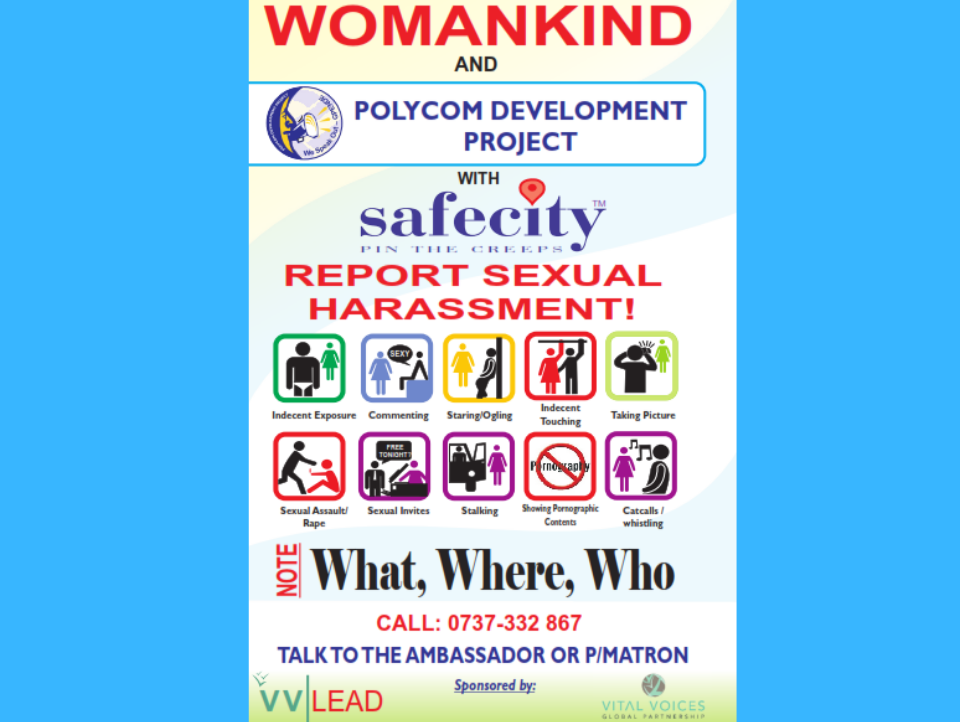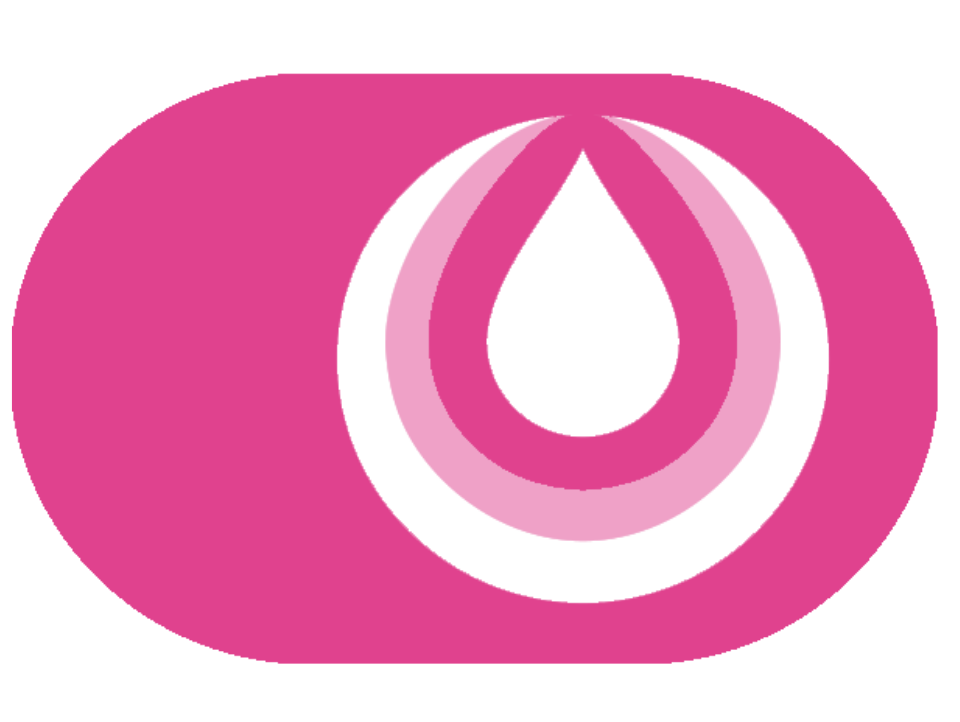SEXUAL HARASSMENT AMIDST COVID 19-CONVERSATION
“I often go to my friends place to study. To access her house I have to go through a narrow road that has boys lined up on both sides forcing any passerby to pass in the middle. “In most cases when I pace this road, there are about four to five teenage boys lined up on either side of the road”. “I stopped going to her place because these boys would whistle, some attempt to touch my breasts and bottom while another take my pictures”. On this particular day, one took out his phone and attempted to take a photo of my behind; I felt violated and quickly ran off”. I told my friend that I have to stop coming to her place for revision”. “We just have to wait for COVID 19 to pass by.”
This is the grim picture of Achieng who lives in the sprawling Kibera slums. How many of such cases are not reported? How many of such cases lead to rape? Are the voices of our adolescent girls amplified? This is the conversation that should continue amidst COVID 19.
Sexual harassment has been defined as the unwanted advances often pressured towards a girl/woman in most cases and boys as well. COVID 19 has seen the rise of these cases but it is worth noting that they are less reported. Most media stations are focused more on reporting COVID 19 and the numbers of cases rising and those dead.
This silent pandemic, Sexual harassment, is affecting our young people and most are not able to differentiate what is sexual harassment from any other sexual violation. It is important to note that our Social and cultural exposure has exacerbated this issue terming it a taboo to talk about. Women and girls in an African context are always viewed as sex objects often as instruments for use to satisfy the ego of the male.
The African Society and its practices based on patriarchy has vastly contributed to this issue. Women and girls have no safe space to talk about this at a broad level. There is need to address sexual harassment at a regional, national and global level. There is need to be open and create ongoing conversation in this area. Lack of sharing encourages the perpetrators and reduces self-confidence on the victim. It is also worth noting that at the slum level most security agencies, often ran by men, have no capacity and information to handle sexual harassment cases. When such are reported most victims are mocked and told they encouraged the perpetrator in one way or another.
Consistent conversation creates hope and creates platforms through which adolescent girls can amplify their voices. Through which the male voice can be heard. Through which patriarchy can be dismantled and through which change in policy and implementation can be actualized.
We are getting somewhere. Currently space has been created for women and adolescent girls, to speak out. We can impact the same on our children. We can talk openly and advise them appropriately. Sexual harassment is now being recognized globally as evident by the International Labor Convention on Sexual Harassment at the workplace 2019.
During this COVID 19 pandemic, cases of sexual harassment and violence have risen and most cases reported being at the family level. Voices of women and girls violated at this stage often go unreported unless death has ensued. It is time that such conversations are taken strongly at the local and international levels. Safe spaces need to be created to enable victims share openly. The Policies on sexual harassment need not only to be on paper but implementation is key. Women are called upon to strengthen their advocacy platforms and involve the voice of the men who should not own the process but support it. There is also need to create consciousness in the society by engaging in this meaningful conversation.
This matter has been a taboo for a long time because of the patriarchal system through which the Kenyan community, and to a large degree Africa, has been governed. The conversation needs to start at the family, church and national-policy level. Social and advocacy campaigns need to be run and supported both by the men and women of the entire society for this vice to end.


